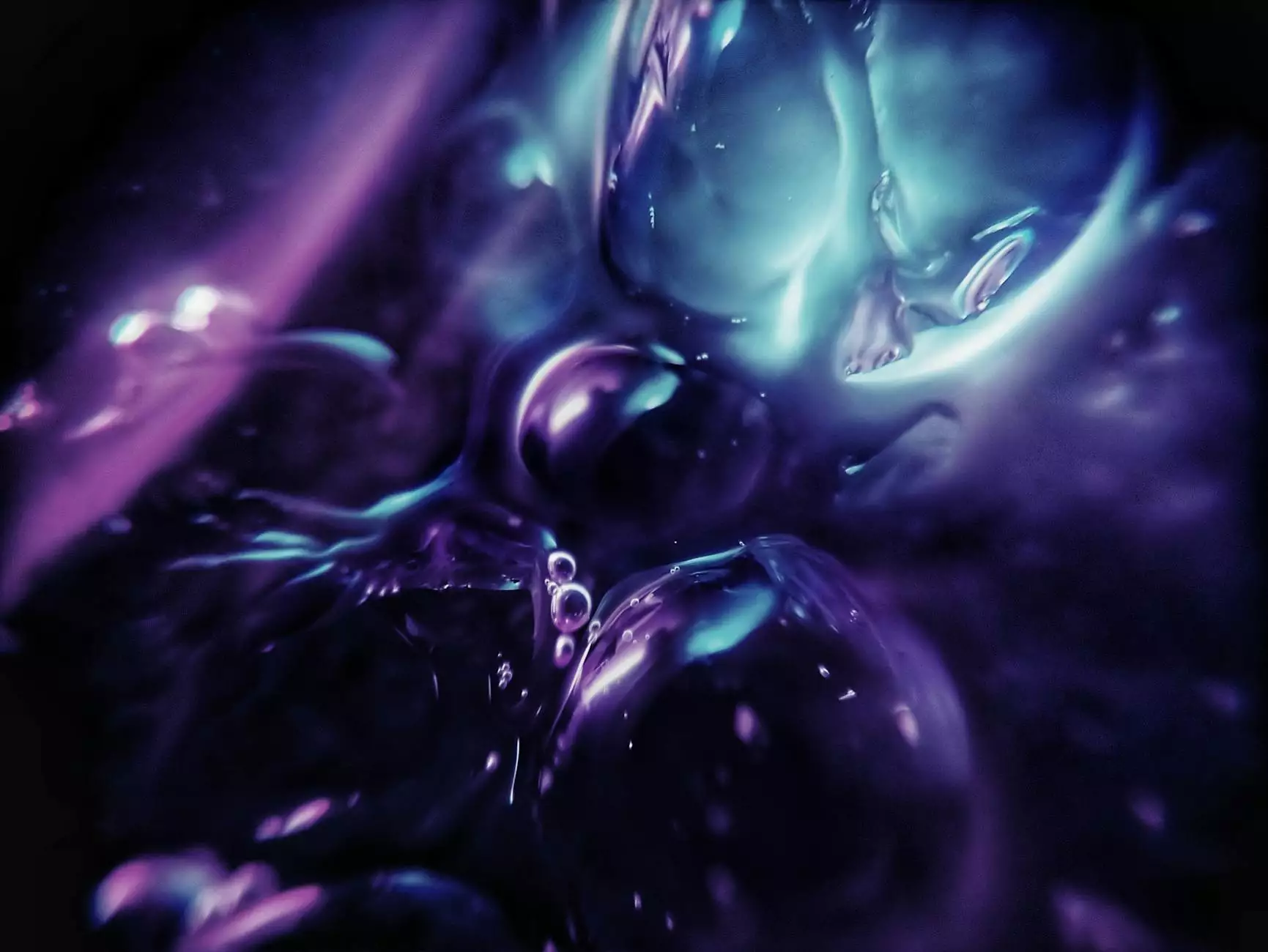Lung Cancer CT Scan: Understanding Its Importance in Detection and Treatment

Lung cancer remains one of the leading causes of cancer-related deaths globally. Early detection is crucial for improving survival rates, and one of the most effective tools for early diagnosis is the CT scan. In this comprehensive article, we will explore the essential role of lung cancer CT scans, how they work, who should consider getting one, and much more.
What is a Lung Cancer CT Scan?
A CT scan, or computed tomography scan, is a sophisticated imaging test that combines X-ray images taken from different angles and uses computer processing to create cross-sectional images of bones, blood vessels, and soft tissues inside the body. When it comes to lung cancer, CT scans play a critical role in diagnosing the disease, assessing its stage, and formulating a treatment plan.
How Do Lung Cancer CT Scans Work?
During a lung cancer CT scan, you will lie on a table that slides into a large, doughnut-shaped machine. The CT scanner will take multiple X-ray images, and a computer will compile them into detailed images of your lungs. Here are the key steps involved in the process:
- Preparation: Before the scan, your doctor will provide you with specific instructions, such as avoiding food or drink for a few hours.
- Contrast Material: In some cases, you may be given a contrast dye to enhance the images. This can be administered via injection or orally.
- Scanning: You will lie still as the machine takes images. The scan itself usually lasts only a few minutes.
- Post-Scan Procedure: After the scan, you can resume normal activities immediately.
Why is a Lung Cancer CT Scan Important?
An early diagnosis of lung cancer significantly increases the chances of successful treatment. Here are some of the reasons why lung cancer CT scans are essential:
- Early Detection: Many lung cancers do not show symptoms until they are advanced. A CT scan can detect tumors that are too small to be identified through other imaging methods.
- Staging the Cancer: Once cancer is diagnosed, a CT scan helps determine the type of lung cancer and its stage, which is crucial for planning treatment.
- Monitoring Treatment Response: CT scans can help evaluate how well treatment is working by comparing scans taken before, during, and after treatment.
- Guiding Biopsies: In cases where cancer might be present, CT scans can be used to guide the placement of a needle for biopsy, ensuring that the correct tissue is sampled.
Who Should Get a Lung Cancer CT Scan?
Not everyone needs to undergo a lung cancer CT scan. The following groups may be advised to consider it:
- High-Risk Individuals: People who have a history of heavy smoking or exposure to other lung cancer risk factors, such as asbestos.
- Age Consideration: Individuals aged 55 to 80 years with a significant smoking history should discuss screening options with their healthcare provider.
- Family History: If you have a family history of lung cancer, your doctor may recommend regular screening.
Benefits of Lung Cancer CT Scans
Aside from helping with early detection and diagnosis, lung cancer CT scans offer several benefits:
- Non-Invasive: CT scans are non-invasive and typically do not require hospitalization.
- Quick Results: Results can be available soon after the scan, allowing for timely decision-making regarding treatment.
- Comprehensive Imaging: CT scans provide detailed images, which can assist in creating a tailored treatment plan.
Risks and Considerations
While CT scans are very useful, they do come with some risks. It’s essential to weigh these against the benefits. Some considerations include:
- Radiation Exposure: CT scans expose patients to more radiation than typical X-rays. However, the benefits often outweigh these risks in high-risk patients.
- False Positives: Sometimes, CT scans can indicate the presence of cancer when there isn’t any. This can lead to unnecessary anxiety and further testing.
- Cost: Depending on your health insurance plan, the cost of a lung cancer CT scan may vary significantly.
Preparing for a Lung Cancer CT Scan
Preparation for a CT scan is straightforward:
- Inform Your Doctor: Let your doctor know about any medications you are taking and any allergies you may have, particularly to iodine if a contrast material is used.
- Avoid Metal Objects: Jewelry, eyeglasses, and any metal objects should be removed before the scan to avoid interference with the images.
- Follow Instructions: Adhering to the preparation guidelines given by your doctor will ensure the best possible results.
Lung Cancer CT Scans and Overall Health
Integrating regular CT scans into your health care routine can be pivotal for lung cancer prevention and early detection. The role of physio and rehabilitation post-diagnosis is equally crucial. Physical therapy can help individuals regain strength and improve their quality of life during and after lung cancer treatment.
Conclusion
Lung cancer CT scans serve as a vital resource in the fight against lung cancer, providing essential information for early detection, diagnosis, and treatment monitoring. By understanding the importance and process of a CT scan, individuals can make informed decisions about their health and wellbeing. If you are at risk or concerned about lung cancer, speak to a healthcare provider about whether a CT scan is right for you.
For more information about lung cancer CT scans and other health-related inquiries, feel free to visit hellophysio.sg, your trusted resource for health care and physical therapy services.









